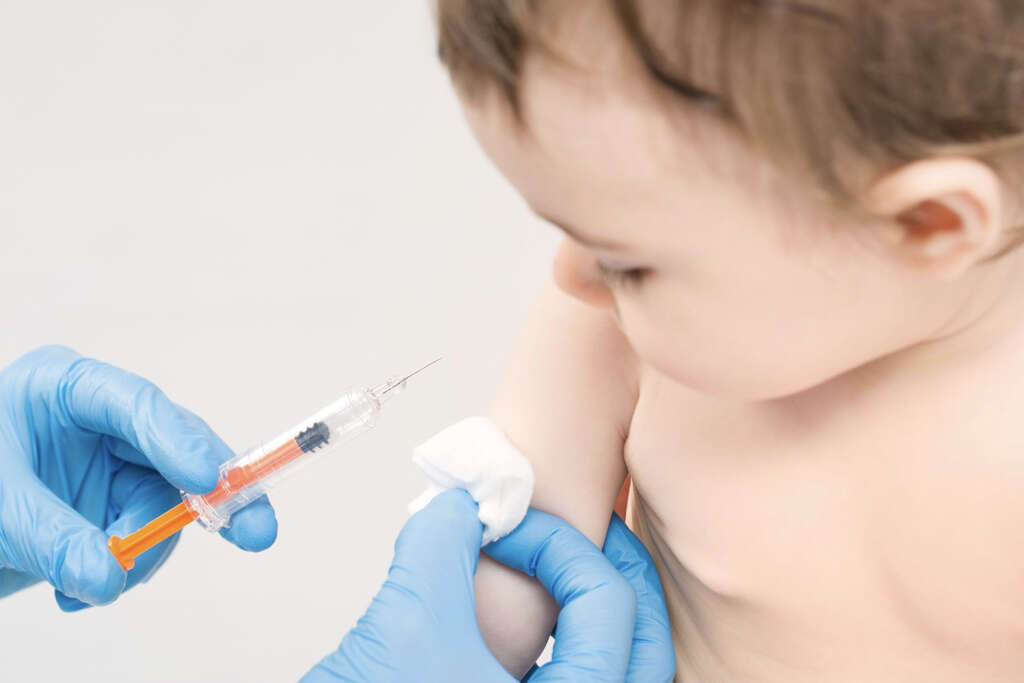What Is Anaphylaxis?
Anaphylaxis is an abnormally serious reaction that arises due to exposure to an allergen. This is different from the mild allergic reactions that normally follow exposure to allergens. And yet, anaphylaxis can be caused by the same allergens. In fact, most cases of anaphylaxis result from exposure to foods such as tree nuts, certain medications, and bee stings.
The condition presents with signs of issues with breathing, rash, low blood pressure, and more. These symptoms can combine and cause anaphylactic shock. This is a potentially fatal condition that should be treated immediately. When a doctor diagnoses anaphylactic shock and treats it, they may advise you to carry a medication such as epinephrine at all the times, or to have a note on you that you are allergic to a certain substance. Epinephrine acts fast and prevents fatality from anaphylaxis.
1. Symptoms of Anaphylaxis
Symptoms of anaphylaxis include severe abdominal pain, dizziness, anxiety, confusion, uncontrollable coughing, rash, inability to talk or slurred speech, swelling of the face, breathing difficulty, weak and rapid pulse, and low blood pressure. Other symptoms include wheezing, inability to swallow, mouth and throat swelling, and nausea. Many people will know that they are allergic to something. However, if you do not know, it is important that you are aware of these symptoms in case you have an allergy.
2. Causes of Anaphylaxis
Anaphylaxis can result from exposure to any substance to which a person is allergic. The most common triggers are venom from an insect bite, certain foods, and certain chemical compounds in medications. Foods are the more common triggers in children. Other causes of anaphylaxis include semen, food colors and additives, and topical medications.
Physical factors like heavy exercises and extremes of temperature can also trigger anaphylaxis in some people. In some cases, called idiopathic anaphylaxis, the cause is unknown. It is also feared that some vaccines can lead to anaphylaxis. For this reason, it is prudent to test vaccines before use, especially in people with known allergies.

3. How Does Anaphylaxis Develop?
When an allergic person is exposed to an allergen, numerous chemical reactions occur. Immunoglobulin E, or IgE, reaction involves the release of chemical mediators. A process called degranulation also happens in certain cells; specifically, basophils and mast cells.
The process is more complicated than described here. The result of this inflammatory response is vasodilation (the widening of blood vessels) reduced blood pressure, and increased heart rate. This will cause less blood flow to vital organs. In addition, parts of the lungs will also constrict making it hard to breath.
4. Diagnosis of Anaphylaxis
Most cases of anaphylaxis are diagnosed clinically, or on the basis of the symptoms. This usually happens in emergency rooms. The healthcare provider makes initial physical observations, then listens to chest sounds and takes notice of the breathing rate.
Crackling sounds show that there are fluids in the alveoli and pulmonary tissues. After diagnosis, treatment is commenced immediately. After treatment, it is important to be tested to determine what substances you are allergic to.

5. Treatment
Adrenaline or epinephrine is the treatment of choice. Therefore, if you have a known allergy, and get an attack, use epinephrine immediately. Cardiopulmonary resuscitation (CPR) may be used if breathing has stopped or the heart rate has slowed down significantly.
If you need to go to hospital, tell the healthcare provider if you have taken the medication. Cortisone, an antihistaminic medication, or a beta-agonist inhaler acts fast and can also be used. Remember that if you are prone to allergies, it is important that you always have epinephrine with you.
6. Complications of Anaphylaxis
When the cause of the condition is known, it is easy to treat and manage any future episodes. The same can be said about idiopathic anaphylaxis, which has unknown causes. However, an undiagnosed case of idiopathic anaphylaxis can lead to serious complications, which include heart attacks and death.
Similar complications can occur if a known case is not attended to without delay.

7. Anaphylactic Shock
Some people experience what is called anaphylactic shock. This is a serious condition that can lead to airway blockage or even stoppage of breathing. Anaphylactic shock occurs as a result of inflammation of the airways.
The condition requires emergency treatment to save the patient, or death can easily occur. In fact, delayed treatment for normal anaphylaxis and anaphylactic shock can lead to death.
8. How to Prevent Anaphylaxis
The best and most common way to prevent anaphylaxis is to know the triggers so that you can avoid them. If avoidance of allergens is impractical or not possible, your doctor may recommend desensitization.
This is a process in which your immune system is desensitized against the allergens.

9. Allergy Desensitization
Allergy desensitization, also called immunotherapy or allergy vaccination, involves exposing an allergic person to very small amounts of allergens. The amounts of allergens are progressively increased to cause the body’s immune system to develop immunity to the allergens.
Allergy desensitization has a success rate of between 85 percent and 90 percent in adults and 97 percent to 99 percent in children.
10. Long-Term Outlook
Anaphylaxis is a manageable but dangerous condition. If you are allergic to something, learn more about your condition and take interest in the things you are exposed to. As much as possible, keep away from known and likely allergens.
Also keep epinephrine with you at all times and a note explaining that you are allergic to certain substances. If you do these things, you can live without any problems.











